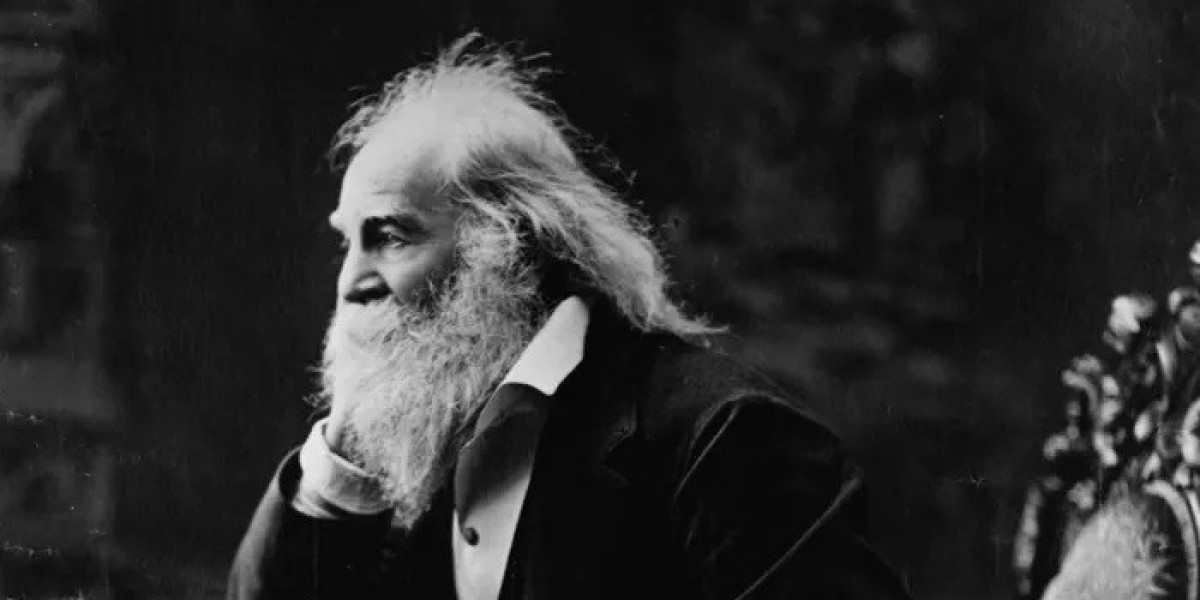The nineteenth century was a period of great change in American literature. Writers began to explore themes of democracy, individuality, and the natural world in new and powerful ways. Among those who helped shape this movement were Walt Whitman and Henry David Thoreau. Both men wrote in bold and original voices. They challenged traditional structures and called readers to experience life more deeply. Walt Whitman and Thoreau stand as two important figures whose works continue to resonate today. The connection between them lies in their shared focus on nature, spirituality, democracy, and personal freedom. By studying their writings and philosophies, we can understand what links these two voices of American thought.
Shared Views on Nature
Nature as a Spiritual Guide
Thoreau is remembered for his time at Walden Pond, where he lived simply and observed the natural world. He believed nature was more than scenery. It was a teacher, a source of truth, and a guide to spiritual clarity. Walt Whitman also celebrated nature in his poetry. In Leaves of Grass, he described grass, trees, rivers, and the human body as sacred expressions of life. Both men saw nature as a direct way to connect with something higher. For them, the natural world offered lessons in humility, renewal, and freedom.
Simplicity and Observation
Thoreau stressed the value of living simply. He rejected material excess and turned to the woods for lessons on how to live with less. His careful observations of plants, animals, and seasons became a spiritual practice. Whitman, although living in urban environments, shared a similar sense of observation. He saw the world around him as filled with meaning. Every detail of nature could be a metaphor for human life. Both men urged readers to look closely at nature as a path toward understanding.
Emphasis on the Individual
Self-Reliance and Freedom
Thoreau was deeply influenced by Transcendentalism, which taught that the individual should trust their own intuition. He believed that true freedom came from within and required resistance to unjust authority. His famous essay on civil disobedience reflects this belief. Walt Whitman also celebrated the self. In poems like “Song of Myself,” he declared the importance of individuality. He wrote that every person carried within them a piece of the divine. Both men connected personal freedom to spiritual awakening. They believed that the individual voice had great power in shaping society.
Celebration of the Common Person
Where Thoreau focused on the individual’s moral responsibility, Whitman celebrated the dignity of every person. He honored workers, travelers, and ordinary citizens in his poetry. To him, democracy was a chorus of many voices, each valuable and unique. Thoreau’s emphasis on moral conscience and Whitman’s celebration of the common person reveal their shared concern for the worth of human life.
Spiritual Connections
Transcendental Influence
Both Whitman and Thoreau were influenced by the ideas of Ralph Waldo Emerson and the Transcendentalist movement. Transcendentalism stressed the unity of nature, spirit, and humanity. It also taught that truth could be found not in institutions but in direct personal experience. Thoreau embodied these principles at Walden, while Whitman expanded them through poetry that sought to unite body, soul, and cosmos. Their spiritual connection lies in their belief that life itself was sacred and interconnected.
The Divine in the Everyday
Thoreau found spiritual meaning in the changing seasons, the flight of birds, and the quiet of the pond. Whitman, too, saw the divine in the everyday. His poetry describes carpenters, nurses, and even blades of grass as holy. This shared vision made their works deeply spiritual. They both believed that divine truth was not far away but present in ordinary life.
Views on Democracy and Society
Democracy as a Moral Force
Whitman was deeply committed to the idea of democracy. His poems celebrated the collective spirit of America. He saw democracy as a sacred expression of human equality. Thoreau, while less celebratory, also wrote with deep concern for justice. His essay on civil disobedience argued that true democracy required individuals to act according to conscience, even against unjust governments. Both men believed that society could only thrive when it respected the moral worth of the individual.
Resistance to Conformity
Thoreau resisted conformity and challenged people to live authentically. He warned against being trapped by routine and blind obedience. Whitman also rejected narrow social norms. His poetry often broke traditional poetic forms and celebrated voices that were usually left unheard. Both writers showed courage in pushing against the boundaries of their time.
Literary Innovation
Breaking Traditional Forms
Walt Whitman revolutionized poetry with free verse. He abandoned rhyme and meter to create a style that mirrored the rhythms of natural speech. This openness allowed him to capture the expansiveness of American life. Thoreau, while not a poet in the same sense, also broke conventions in his prose. His journal entries and essays were both practical and philosophical, blending observation with reflection. Both men valued experimentation and originality.
Voice of Authenticity
The connection between Whitman and Thoreau also rests in their authentic voices. They wrote not for approval but to express their deepest convictions. Whitman’s expansive, celebratory tone and Thoreau’s reflective, probing style both arose from personal integrity. Their works continue to inspire because they speak with honesty and passion.
Lasting Influence
Legacy in American Literature
Walt Whitman is often called the father of American poetry, while Thoreau is remembered as a voice of conscience and simplicity. Their works continue to shape how writers think about individuality, democracy, and the relationship between humans and nature. Schools, movements, and readers still turn to them for guidance.
Connection Through Vision
Though different in style, Whitman and Thoreau shared a vision of life that was deeply interconnected. They both sought to guide readers toward awareness of self, society, and spirit. The connection between them is not only historical but also thematic. They remind us that literature can both celebrate life and challenge society to grow.
Conclusion
The connection between Walt Whitman and Thoreau lies in their shared commitment to nature, individuality, spirituality, and democracy. Thoreau expressed his vision through reflection and simple living, while Whitman used poetry to celebrate the collective spirit of America. Both men valued authenticity and resisted conformity. They challenged readers to look at the world with new eyes and to live with greater awareness. Their works remain linked by a vision of human dignity and the sacredness of life. To read Walt Whitman and Thoreau is to encounter voices that continue to inspire, guide, and connect us to the deeper truths of existence.







